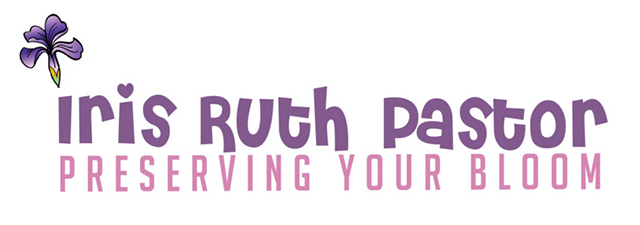First, I kinda disappear.
Then, I am flooded with euphoria – a feeling of intense, anesthetizing pleasure washing over me. I’d describe it as a temporary high – a fleeting “all is okay” moment.
Of course, afterwards, I feel awful, hopeless, despairing that I have wasted yet another day because I am out of control.
I feel shame
I feel guilt
“What’s wrong with me?” I silently scream.
What is causing this wild, daily swing in my emotions?
I am held captive by bulimia – the binge and purge syndrome.
Like me, few talk about it.
Few expose their shameful secret.
We feel alone, but clearly, we are not alone.
“It’s estimated that 30 million Americans have struggled with an eating disorder at some point over their lifetime,” says Claire Mysko, CEO of the National Eating Disorders Association. “That breaks down to 20 million women and 10 million men.”
Feb 22-28 is National Eating Disorder Awareness Week.
The theme is: Every Body Has a Seat at the Table
The goal of National Eating Disorders Awareness Week is to shine the spotlight on eating disorders by educating the public, spreading a message of hope, and putting lifesaving resources into the hands of those in need.
My story is a very personal story, but one which I think is important, though continuously difficult, to share.
On average, 149 weeks pass before those experiencing eating disorder symptoms seek help. That’s almost three years, 37 months or 1,043 days. I grappled with this disorder alone for 45 years before I felt ready to talk about my secret in a professional setting.
During those years, I felt inadequate, unworthy, ashamed of my actions, and puzzled by my inability “to stop eating like a pig.” And horrified at my relentless compulsion to get rid of it by sticking my fingers down my throat.
I bought into the cultural mantra that focused on external criteria to judge myself:
Appearance
Relationships
Bank account size
Dress size
Number on the scale.
For years, I didn’t realize that they were not accurate and reliable measures of my self-worth.
Over many decades of soul searching and relentless reading and researching, I began to appreciate my own strengths and uniqueness. I became less harsh of a judge of my own worth and began treating myself as I treated others – with compassion and patience and acceptance.
Tamara Levitt – narrator for the app Calm – recently confided that she too had suffered with an eating disorder and shared with her listeners a quote from Oscar Wilde:
To love oneself is the beginning of a lifelong romance.
Through talking to others who share similar experiences, I was able to shed the heavy harness of embarrassment. I began to understand it was not lack of discipline or lack of control that led into these nightmarish episodes. I was suffering from a real disorder – a treatable disorder. I was then able to accept who I was and to seek the professional help I needed.
I have been in recovery for nine years. I wrote a book about my experiences: The Secret Life of a Weight Obsessed Woman. I survived the pain of coming out with my story to many who couldn’t or wouldn’t understand. And I experienced the joy of connecting with those who could.
At present, I serve on a committee under the auspices of a major eating disorder organization. One of our goals is to document the healing journeys of other fellow sufferers and to identify their unique needs, views, and perspectives in order to facilitate the integration of their experience into the larger eating disorder community.
If you know of someone who has a tale to tell, let me know.
If you know of someone who is eating disordered, let me know.
If you know of someone who is impacted by someone else’s eating disorder, let me know.
I’ve been there.
I care.
And, I assure you, there IS life after an eating disorder.
Keep Preserving Your Bloom,
Iris Ruth Pastor
